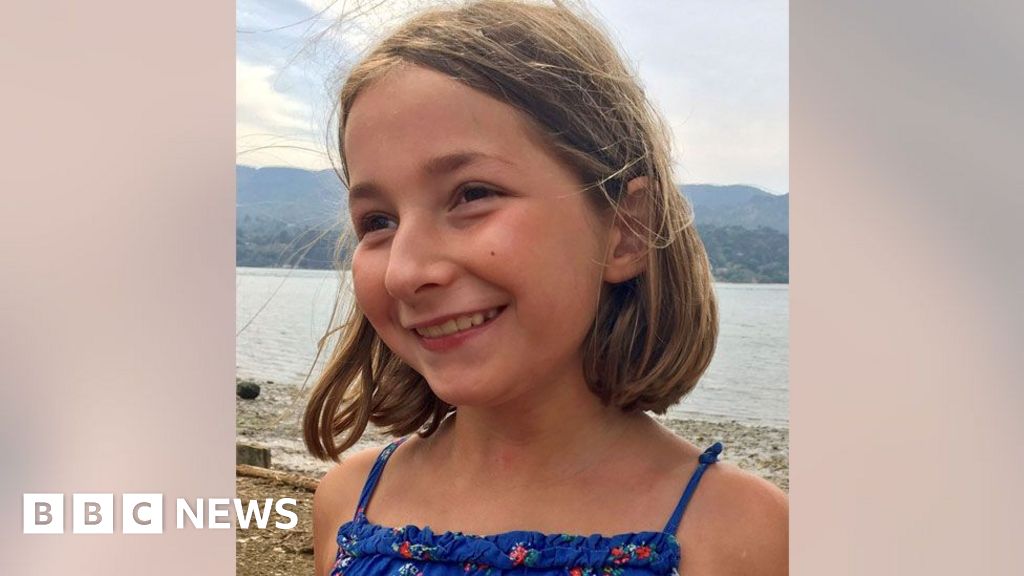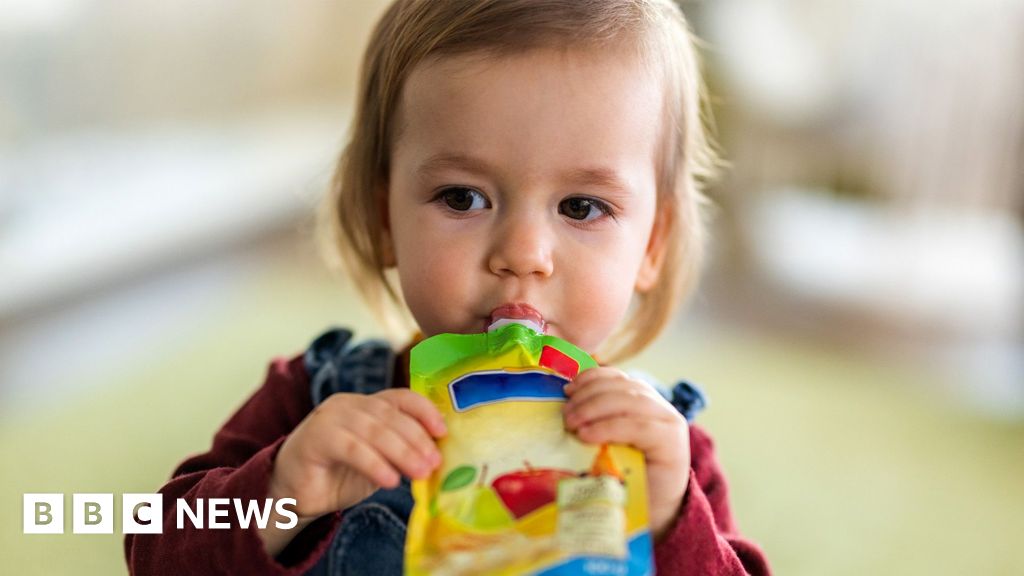ARTICLE AD BOX
By Michelle Roberts
Digital health editor
Image source, Science Photo Library
Image caption,Symptoms include fever, headache, muscle aches, backache, swollen lymph nodes, chills and exhaustion
The UK Health Security Agency says it has detected 36 additional cases of monkeypox in England.
Adding in a new case found in Scotland today, it brings the total number of infections in the UK to 57.
The rare virus - which causes a rash and a fever - has been seen around the world in recent weeks, which is unusual.
Health experts stress that the overall risk remains low and the disease can be contained.
Downing Street has said there are no plans to hold a meeting of the Cobra emergency committee over monkeypox, or to impose any travel bans.
Around 100 confirmed cases had been recorded globally so far.
The WHO's emerging disease lead Maria Van Kerkhove said we should expect to see more in the coming days, but that we have the tools to stop the virus.
"This is a containable situation, particularly in the countries where we are seeing these outbreaks that are happening across Europe, in North America as well.
"We can stop human-to-human transmission," she said.
The virus does not usually spread easily between people, but it can be passed on through close person to person contact. That includes:
- touching clothing, bedding or towels used by someone with the monkeypox rash
- touching monkeypox skin blisters or scabs
- the coughs or sneezes of a person with the monkeypox rash
Dr Susan Hopkins from the UKHSA urged people to be aware of any unusual rashes or lesions and to contact a sexual health service if they have any symptoms.
"A notable proportion of recent cases in the UK and Europe have been found in gay and bisexual men so we are particularly encouraging these men to be alert to the symptoms," she said.
Anyone at the highest risk of having caught monkeypox - those who live with someone who has it, for example - will be asked to isolate at home for up to 21 days, in line with official guidelines.
The government has confirmed that it has bought supplies of a smallpox vaccine and this is being offered to identified close contacts of someone diagnosed with monkeypox to reduce the risk of symptomatic infection and severe illness.
Most cases will be mild and get better within a few weeks.
If you get infected with monkeypox, it usually takes between five and 21 days for the first symptoms to appear.
Symptoms include fever, headache, muscle aches, backache, swollen lymph nodes, chills and exhaustion.
A rash can develop, often beginning on the face, then spreading to other parts of the body. The rash changes and goes through different stages - a bit like chicken pox - before finally forming a scab, which later falls off.

 3 years ago
36
3 years ago
36








 English (US) ·
English (US) ·